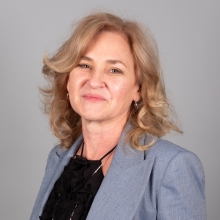The Annual Bank Conference on Development Economics (ABCDE), organized by the World Bank’s Development Economics (DEC) Vice Presidency, is one of the world's best-known series of conferences for the presentation and discussion of new knowledge on development. The conference aims to promote the exchange of cutting-edge knowledge among researchers, policymakers, and development practitioners.
The theme of ABCDE 2021 is "Global Unrest". It will be held completely online, using a Zoom platform. It will take place over 5 days, June 21–25, from 9:00 am – 12:00 pm (ET).
The conference will feature an introduction by Carmen Reinhart (WBG Chief Economist), a keynote speech by Tim Besley (School Professor at the London School of Economics), and a concluding panel of policy makers, composed of Erica Chenoweth (Professor at Harvard Kennedy School), Ibrahim Elbadawi (Managing Director of the Economic Research Forum and former Minister of Finance and Economic Planning, Republic of Sudan), Neil Ketchley (Professor at University of Oslo), Claudia López (Mayor of Bogota, Colombia), and Andrés Velasco (Dean of the School of Public Policy at the London School of Economics).
The conference will also include two groups of papers: Full presentation and discussion of fifteen papers and twelve short (or poster) presentations, all in plenary sessions. The conference program is designed for a comprehensive and lively presentation of some of the most recent and important research on Global Unrest. The online format allows for more compact but also more numerous presentations and is intended to reach a global audience.


















































